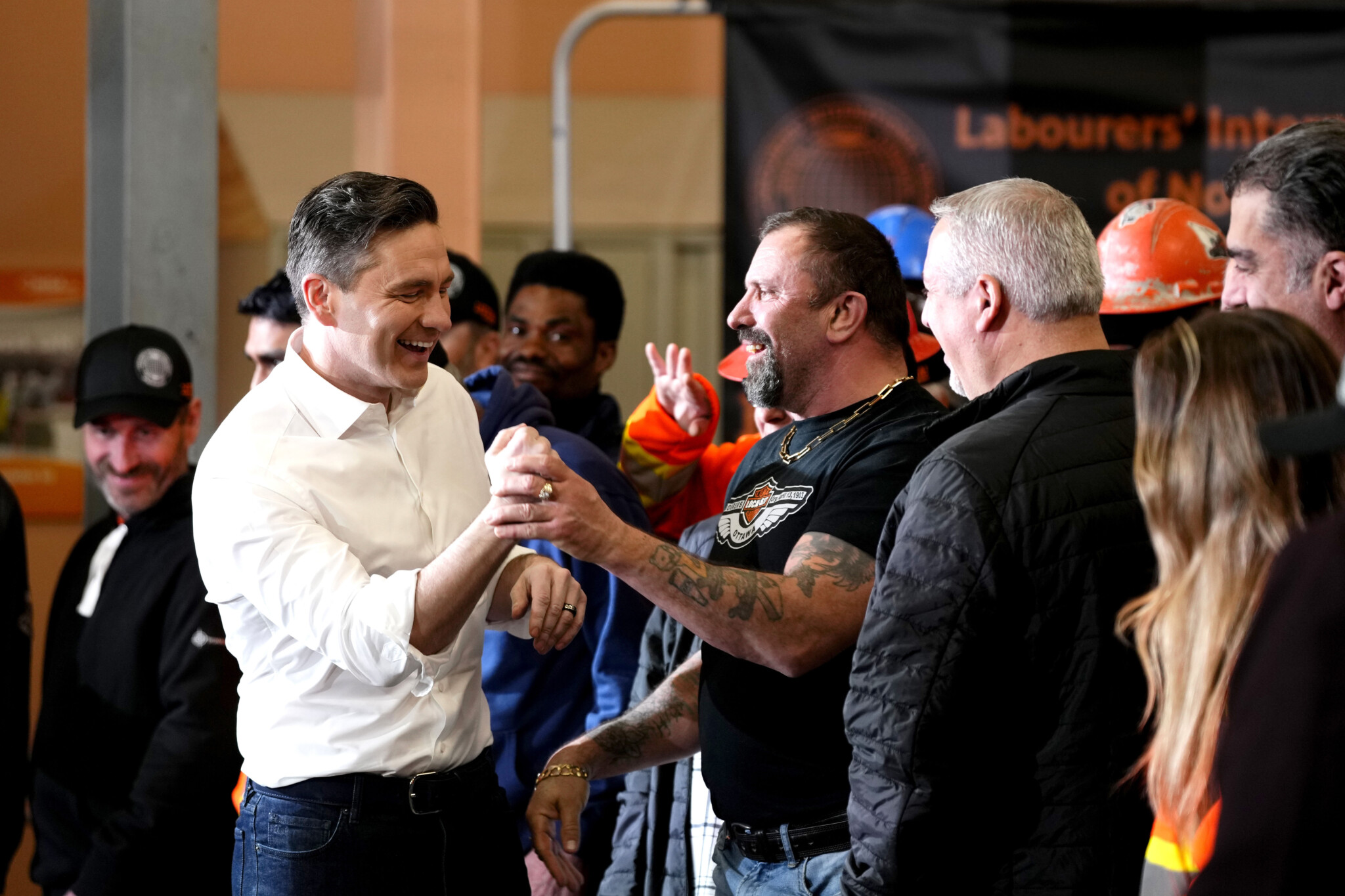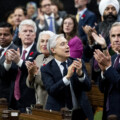If Canada is serious about nation-building, it must accept a simple truth: private-sector unionized workers will build it.
A wave of government-backed industrial projects is sweeping the country. Whether the priority is energy security, housing supply, trade diversification, or defence readiness, the goal is the same: build our domestic capacity, rebuild our supply chains, and reduce our exposure to global shocks. Because unions will be the ones driving these projects, their influence extends well beyond the job site. This is a story about political leverage, not just economic output.
The power of unions lies not only in their members, but in public trust. Top-line numbers from a 2024 GQR poll commissioned by the Canadian Labour Congress found that 62 percent of Canadians view union membership as a net benefit. Over 70 percent want governments to make unionizing easier, despite only around 30 percent actually belonging to a union. That credibility gives organized labour the kind of moral authority that is particularly significant at a moment when Statistics Canada surveys show trust in Canada’s core institutions at generational lows, especially among younger Canadians. Unions are imperfect institutions, but they remain the most credible vehicle for organizing workers at scale. This is the same cohort that polling shows to be more pro-union than any in decades, a signal that this shift is structural and not a passing fad.
This collapse of trust has spilled into labour politics, where unions are once again being drawn into partisan battles—from card-check debates to high-profile disputes between CUPE and Air Canada. For much of recent history, Conservatives stood apart from this fight, defaulting to a business-first, market-oriented posture.
For much of the postwar era, Conservatives viewed unions as entrenched opponents, not only because of their role in wage negotiations but also due to their institutional ties to the NDP and their reliance on government regulation. That history bred suspicion and distance.
But that is changing.
Movement federally and provincially
For the first time in modern Canadian politics, Conservatives are contesting labour directly. Figures like former Ontario labour minister Monte McNaughton and current minister David Piccini have long recognized what others in the conservative family are just starting to grasp: union training centres are the bootcamps of nation-building. Backed by historic investments in skills development, infrastructure expansion, and legislative reforms to labour protections, they showed that supporting workers is not a political liability—it is a prerequisite to building at scale.
Federally, Pierre Poilievre and Shadow Labour Minister Kyle Seeback have carried that fight forward. From 2023 through the 2025 federal election, I had the honour of serving on Poilievre’s team, directly supporting the union outreach and witnessing firsthand the seriousness of that engagement. Between September 2022 and March 2025, Conservatives carried out an unprecedented labour outreach effort, with hundreds of factory floor visits, more than 70 union local visits nationwide, and direct engagement with thousands of union leaders and representatives. This direct contact with unions gave Conservatives a channel to reach workers themselves and brought them closer than ever to building a durable blue-collar coalition by appealing to more powerful paycheques, fairness, and respect for work.








